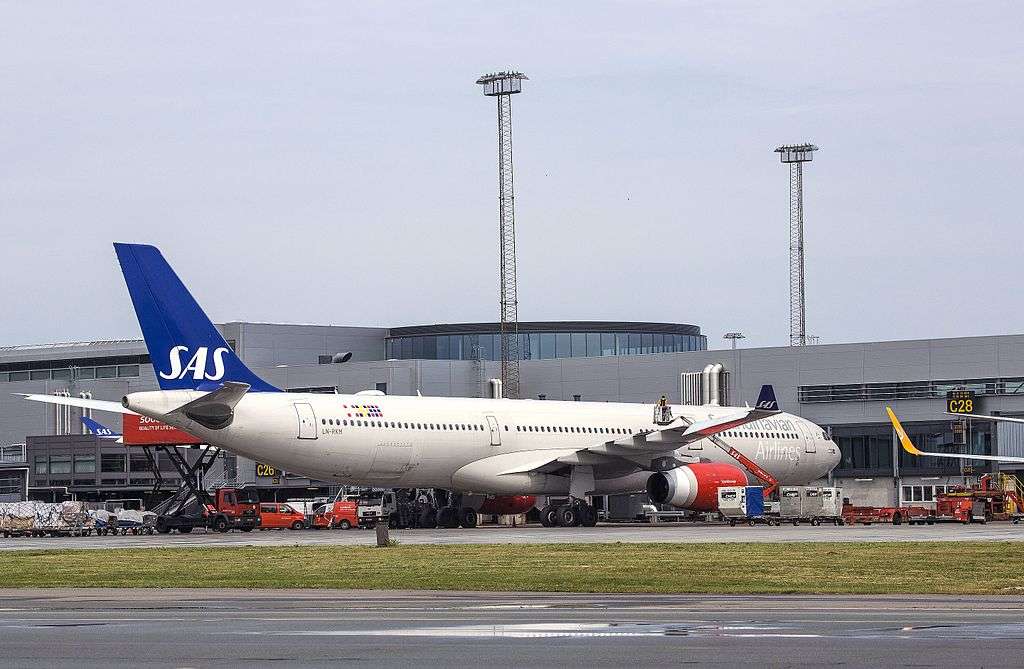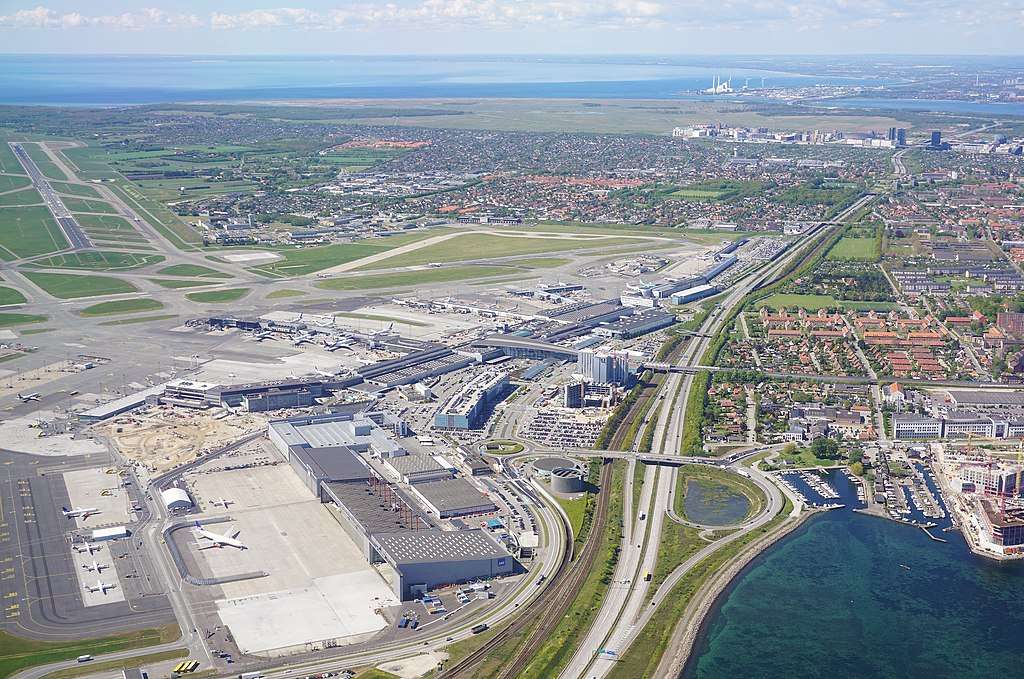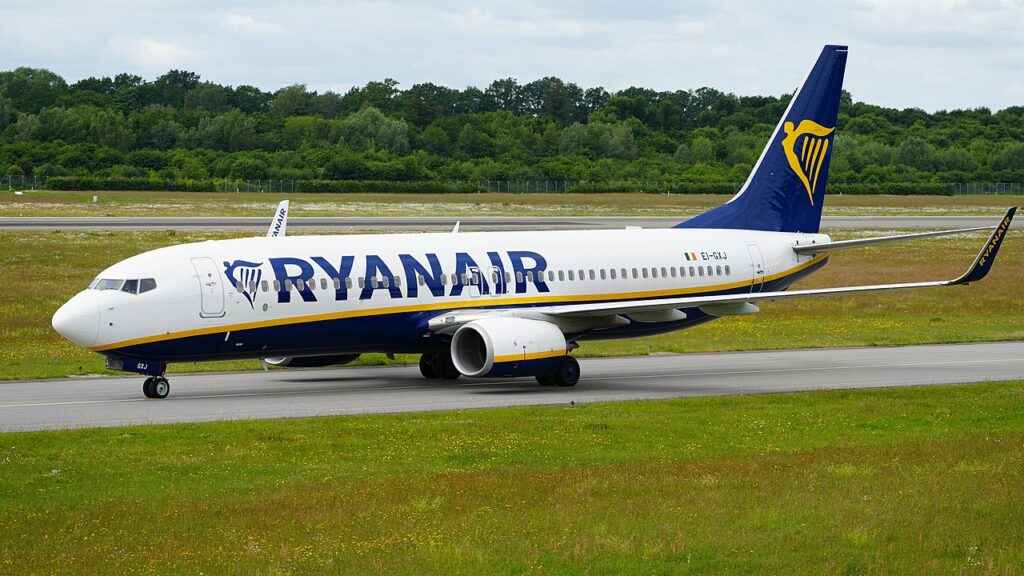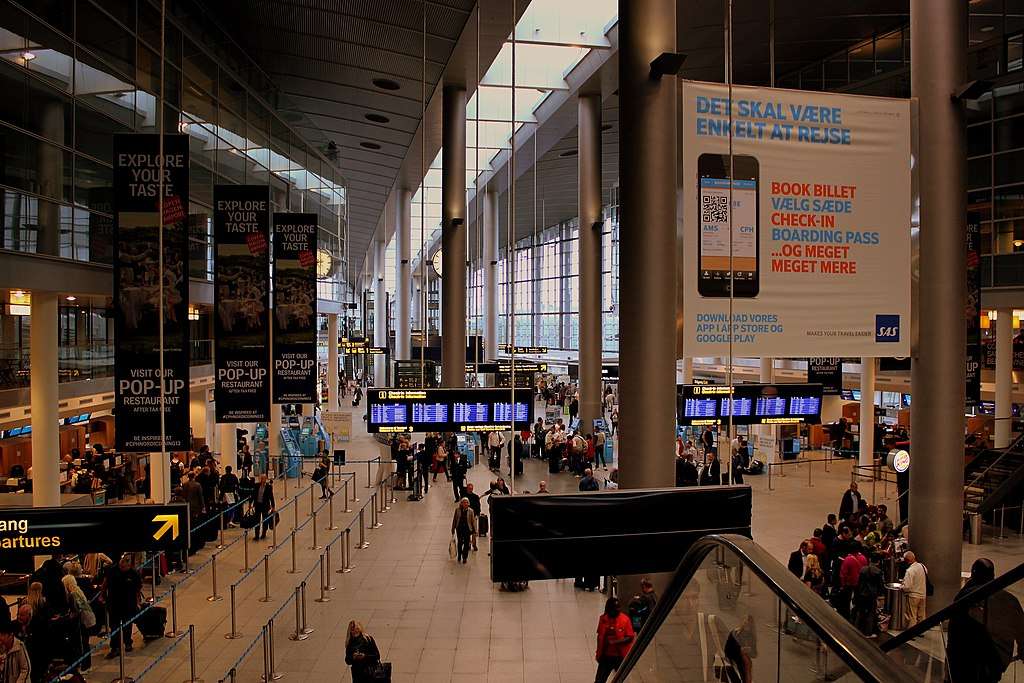In the wake of the COVID-19 pandemic, Copenhagen Airport has struggled to regain its pre-pandemic traffic levels. Ryanair has voiced a call urging the airport to lower airport charges in order to stimulate recovery.
Unlike its regional counterparts, such as Aalborg, Aarhus, and Billund airports, which have shown remarkable recovery and growth, Copenhagen Airport has lagged behind.
One of the major factors hampering its progress is the high airport charges imposed on airlines. In this article, we will explore the importance of lower airport charges for Copenhagen’s tourism recovery and growth, and why the airport should consider adopting efficient incentive schemes.
The Impact of High Airport Charges
Copenhagen Airport has only managed to restore 85% of its pre-COVID traffic due to the burden of high airport charges.
This has not only affected its connectivity but also hindered the recovery of the tourism sector and the overall economy of the city.
Even SAS, Denmark’s national flag carrier, has reduced its capacity at Copenhagen Airport by 18% compared to pre-pandemic levels.
It is evident that the existing high charges at Copenhagen Airport pose significant challenges to traffic recovery and economic revitalization.

[monsterinsights_popular_posts_inline]
Learning from Regional Counterparts
Aalborg, Aarhus, and Billund airports have taken a different approach by offering long-term cost certainty and incentives for airlines.
These airports have successfully fostered recovery and growth post-COVID by attracting airlines through favorable and efficient incentive schemes.
Copenhagen should follow their example and prioritize the introduction of similar incentive schemes to attract more airlines and boost its recovery efforts.
A Call for Lower Airport Charges
Copenhagen Airport is a national infrastructure, and the Danish State, as a significant shareholder with a 40% stake, has a responsibility to ensure its success.
By introducing a traffic recovery scheme that rewards airlines for delivering connectivity and sustainable growth, the airport can benefit Danish citizens by providing more choices and lower fares, rather than solely prioritizing shareholders’ interests.
It’s worth noting that Copenhagen Airport already returned to profit in 2022, recording a substantial profit of DKK 257 million.

Therefore, any increase in charges would be deemed an abuse of the airport’s monopoly power, negatively impacting Danish passengers, visitors, and the wider Danish economy.
Asking passengers and visitors to compensate for COVID-19 losses through increased charges is unfair, especially considering the existing cost-of-living crisis and high inflation that Danish consumers are already facing, which the airport remains insulated from.
The Role of Ryanair
Ryanair, as Europe’s leading airline and a major player in the aviation industry, is uniquely positioned to contribute to Copenhagen Airport’s recovery.
With its commitment to growth and two aircraft orders, including an order for 300 MAX 10 aircraft that offer increased capacity and improved fuel efficiency, Ryanair has the potential to deliver the much-needed connectivity and capacity to boost Copenhagen Airport back to its pre-pandemic levels.
However, in order for Ryanair and other airlines to fulfill this vital role, Copenhagen Airport must introduce lower airport charges and implement meaningful incentive schemes.
Ryanair’s success in other European cities, such as Barcelona, Madrid, Porto, and Stockholm, where competitive charges and long-term incentives are in place, serves as a testament to the effectiveness of such measures in driving recovery and growth.
Ryanair’s Plea for Lower Charges
Eddie Wilson, a representative from Ryanair, emphasizes the importance of lower airport charges and meaningful incentives for the recovery and growth of Copenhagen Airport.
He highlights that there is no logical reason for any charge increase at an airport that has already restored profitability post-COVID.

Charging higher fees would only serve to benefit private shareholders at the expense of Danish consumers who are already burdened by financial challenges.
Ryanair guarantees a positive response to lower charges at Copenhagen Airport by increasing capacity and connectivity.
By incentivizing airlines through reduced charges, the airport can become more competitive, attracting more traffic and fostering a faster recovery compared to other European capitals.
Conclusion
Lower airport charges and efficient incentive schemes are pivotal to Copenhagen’s tourism recovery and growth. By reducing the financial burden on airlines, Copenhagen Airport can enhance its connectivity, attract more visitors, and contribute to the overall economic recovery of Denmark.
It is crucial for the Danish State, as a major shareholder, to prioritize the implementation of traffic recovery schemes that benefit both airlines and Danish citizens, ensuring sustainable growth and consumer choice.
By taking the necessary steps, Copenhagen Airport can position itself for a successful post-pandemic future, competing effectively with other major European airports and driving the recovery of the tourism industry for years to come.









